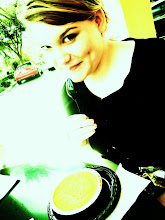I find myself tripping along in front, hand on a chipping banister, up eighteen stairs to a landing and a door facer— “David” scrawled erratically in pencil on a lower panel—the second “d” backwards, making his name appear to be “Davib”. And there he is, a child, tight-knit cotton pants (red) and a white tee shirt, scrutinizing me imploringly with a no. 2 Ticonderoga in his left hand. He wants to hand it to me, but I take a step forward in time, turn the brass knob, and push the door into a swinging peal. Beneath the whine somewhere, Norah’s low shatterable voice, “His door sings for an oiling.”
She doesn’t know what to do with me now that I’m here. She leaves. And I am alone in David’s room with his bedside menorah and the books on his shelves. His sheets and an old quilt are choking his mattress. I pull the folds out from between the box spring and top cushion. They are thankful for the loosening of that belt and belch a dusty response to my heaving atop it. My lassitude is all the blanket that I need. But, somewhere in the seven minutes before sleep, I look up and know that the last thing that he saw before he closed his eyes at night were the white underbellies of now yellowed paper cranes on a mobile, pushing and turning in the stiffly circulated air, arranging themselves, like his thoughts—in a sober cyclical motion.
Subscribe to:
Post Comments (Atom)


No comments:
Post a Comment